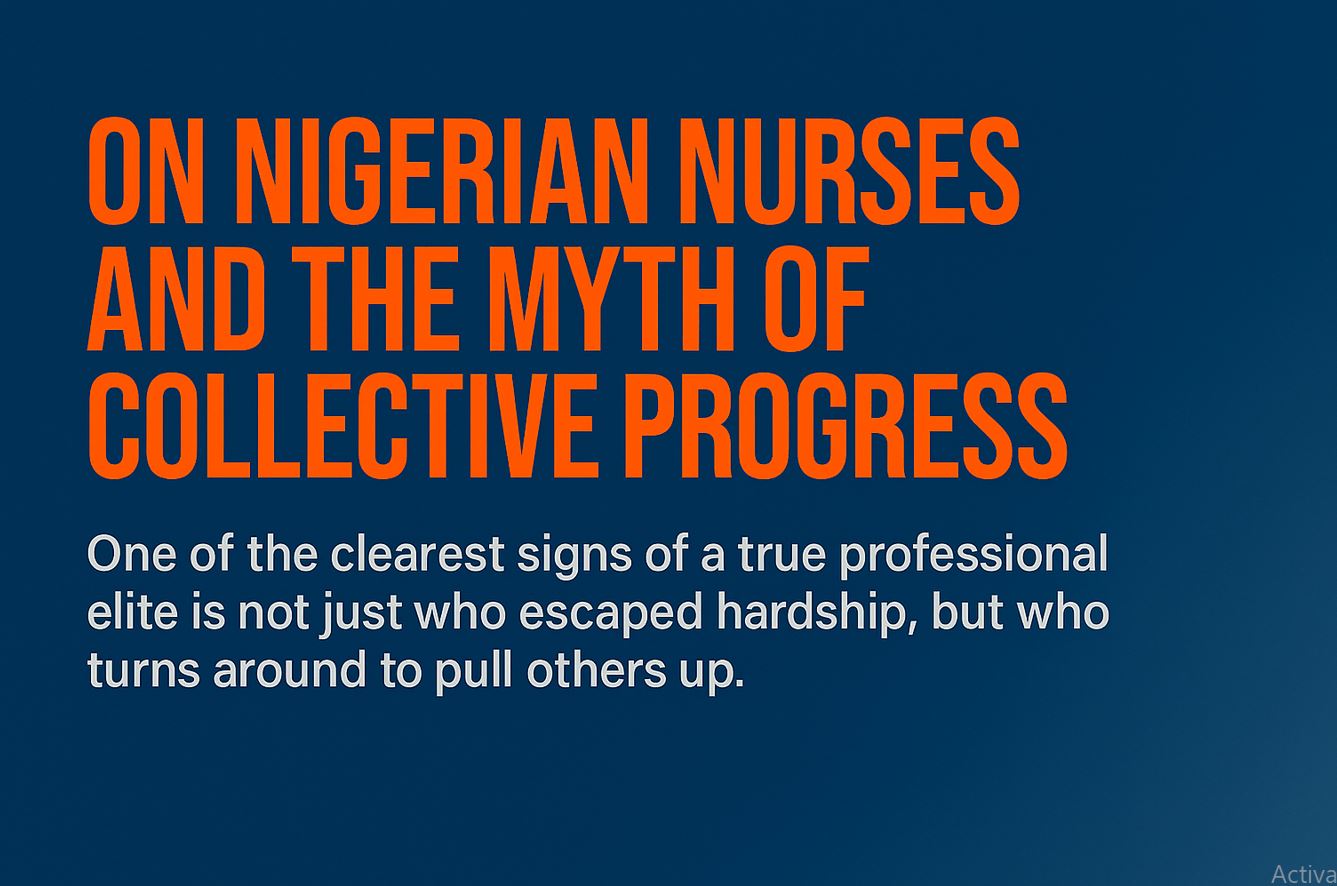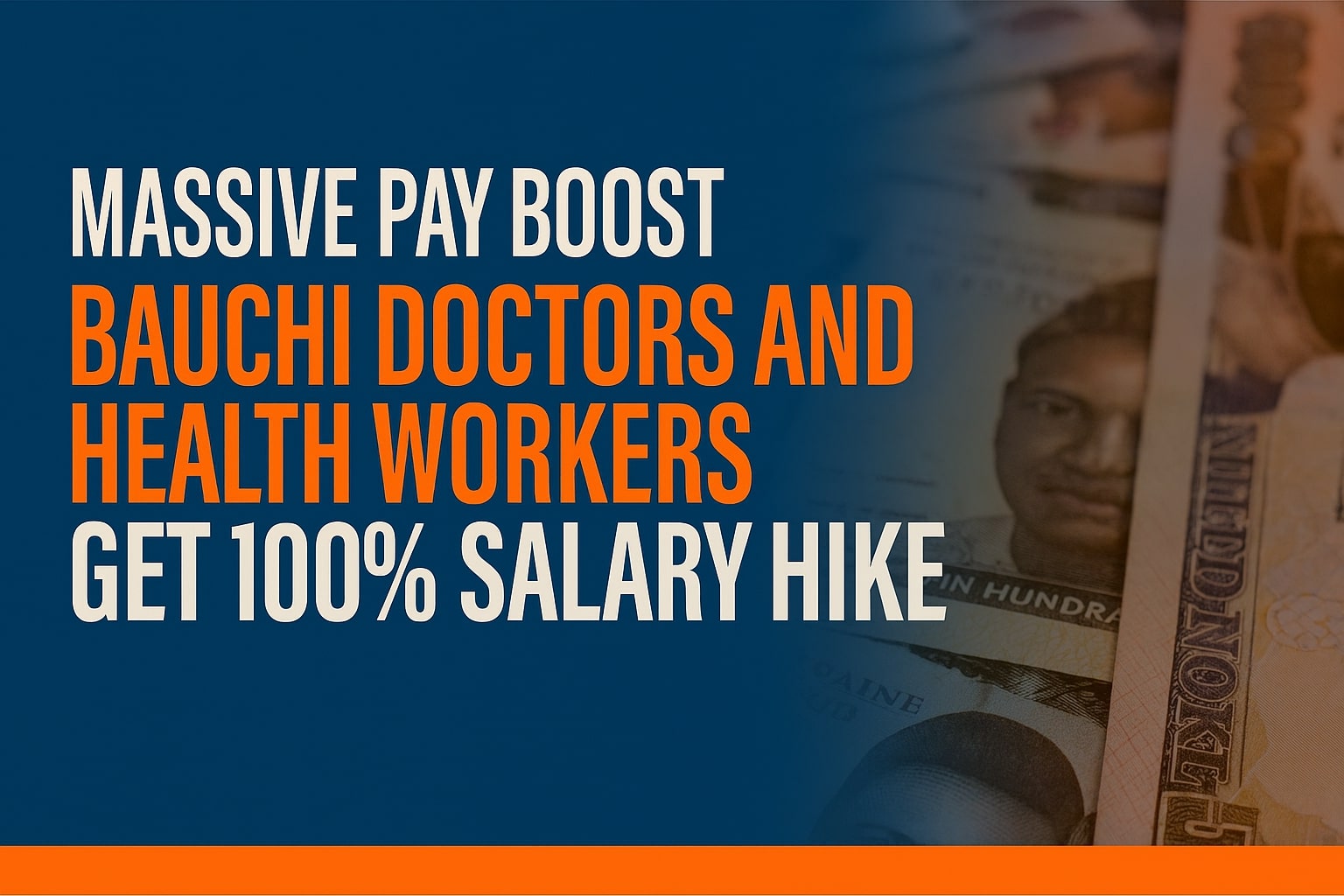We don’t always eat simply to satisfy hunger. We also turn to food for comfort, stress relief, or as a reward. Unfortunately, emotional eating doesn’t fix emotional problems. It usually makes you feel worse. Afterward, not only does the original emotional issue remain, but you also feel guilty for overeating. Learning to recognise your emotional eating triggers is the first step to breaking free from food cravings and compulsive overeating, and changing the habits that have sabotaged your diets in the past.
•Emotional hunger comes on suddenly. It hits you in an instant and feels overwhelming and urgent. Physical hunger, on the other hand, comes on more gradually. The urge to eat doesn’t feel as dire or demand instant satisfaction (unless you haven’t eaten for a very long time).
•Emotional hunger craves specific comfort foods. When you’re physically hungry, almost anything sounds good — including healthy stuff like vegetables. But emotional hunger craves fatty foods or sugary snacks that provide an instant rush. You feel like you need cheesecake or pizza, and nothing else will do.
•Emotional hunger often leads to mindless eating. Before you know it, you’ve eaten a whole bag of chips or an entire pint of ice cream without really paying attention or fully enjoying it. When you’re eating in response to physical hunger, you’re typically more aware of what you’re doing.
•Emotional hunger isn’t satisfied once you’re full. You keep wanting more and more, often eating until you’re uncomfortably stuffed. Physical hunger, on the other hand, doesn’t need to be stuffed. You feel satisfied when your stomach is full.
•Emotional hunger isn’t located in the stomach. Rather than a growling belly or a pang in your stomach, you feel your hunger as a craving you can’t get out of your head. You’re focused on specific textures, tastes, and smells.
•Emotional hunger often leads to regret, guilt, or shame. When you eat to satisfy physical hunger, you’re unlikely to feel guilty or ashamed because you’re simply giving your body what it needs. If you feel guilty after you eat, it’s likely because you know deep down that you’re not eating for nutritional reasons.
ABUJA: Training Schedule for Basic Life Support BLS, Pediatric Advanced Life Support (PALS), Advanced Cardiovascular Life Support ACLS, First Aid, CPR, AED
PORTHARCOURT: Training Schedule for Basic Life Support BLS, Pediatric Advanced Life Support (PALS), Advanced Cardiovascular Life Support ACLS, First Aid, CPR, AED
LAGOS: Training Schedule for Basic Life Support BLS, Pediatric Advanced Life Support (PALS), Advanced Cardiovascular Life Support ACLS, First Aid, CPR, AED




